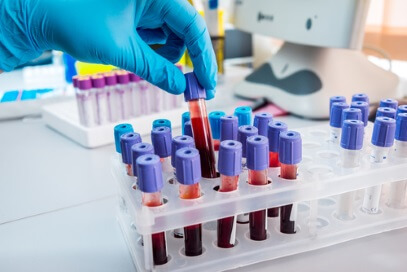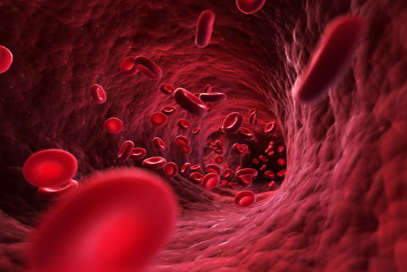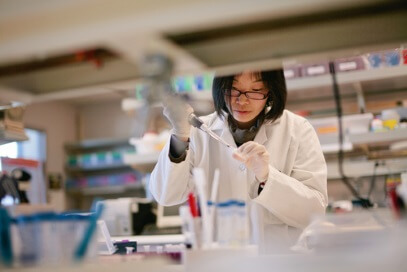Biomedical Science (Blood Science) - MSc
Specialising in the emerging field of blood science, you’ll help diagnose, advise on and monitor treatment for patients with blood and bone marrow disorders, such as leukaemia and related blood cancers, anaemia, haemophilia and other bleeding and clotting problems. Accredited by the Institute of Biomedical Science (IBMS), our MSc draws on the experiences of practicing health professionals to examine clinical and research applications within clinical biochemistry, immunology, haematology and transfusion science. With access to state-of-the-art facilities, you’ll develop advanced laboratory techniques, and core practical skills in areas such as project management, writing grant proposals and business plans.
Month of entry
- September, January
Mode of study
- Full time, Part time
Location
Subject area
- Health and Rehabilitation, Life Sciences, Natural Sciences, Science
Fees for 2024/25 academic year
- UK - Full time £11,000 per year. Part time £6,000 per year.
International - £20,700 per year.
Duration of study
- 1 year full time, 2 years part time
Why study Biomedical Science (Blood Science) at Keele University?
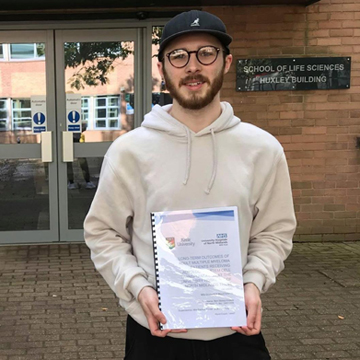
"My master's degree built on the skills and knowledge I had gained during my undergrad, as well as providing a great insight into the specialised fields, modalities and disciplines of a hospital pathology department. This course offers incredible opportunities and is an excellent step for those who desire to pursue careers in clinical or research-based biomedical science."
Accreditation
This programme is accredited by the Institute of Biomedical Science (IBMS) as the professional body of Biomedical Scientists within the United Kingdom. The IBMS aims to promote and develop the role of Biomedical Science within healthcare to deliver the best possible service for patient care and safety. This ensures that, through a spirit of partnership between the Institute and the University, a good quality degree is achieved that prepares the student for employment in circumstances requiring sound judgement, critical thinking, personal responsibility and initiative in complex and unpredictable professional environments.
IBMS accreditation assures students and employers that the learning outcomes of an IBMS accredited postgraduate degree courses meet or exceed the Quality Assurance Agency for Higher Education (QAA) qualification descriptors for a higher education qualification at Masters level (Level 7).
Please note that an IBMS accredited postgraduate degree does not count towards the academic requirements for Health and Care Professions Council (HCPC) registration. It does however meet the requirements for registration with the Science Council as a Chartered Scientist (CSci) if other eligibility criteria of corporate membership and active engagement in Continued Professional Development are met. A Master’s level qualification is also one of the entry criteria for the Institute’s Higher Specialist Examination and award of the Higher Specialist Diploma, a route towards the membership grade of Fellowship and designation FIBMS.
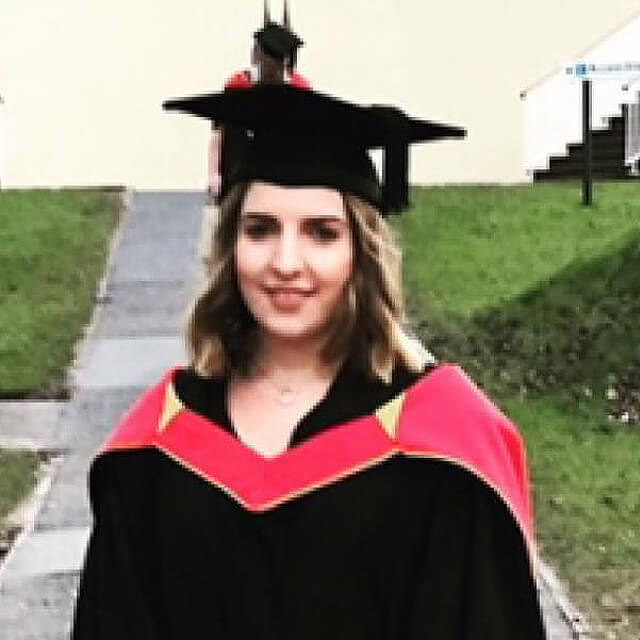
"The MSc is great; it gives you the opportunity to tailor the course to some of your own personal interests with the modules that enable you to choose your own essay titles, as well as receiving lectures from professionals within the clinical field, a great opportunity. It has provided me with adaptable skills that I believe have helped me secure my dream job!"

"The course covered a range of current topical areas taught by experts in the field ranging from practising university lecturers, laboratory staff and consultants. This allowed me to create a number of valuable contacts which, in turn, led to me securing a Biomedical Scientist position at my local hospital. I am currently undertaking a vast amount of training in the Haematology department and feel the MSc has created solid foundations. "
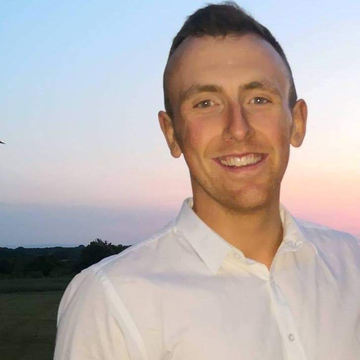
"The course is well structured and is delivered through a variety of modalities that range from autonomous case-based learning, to lectures delivered by local experts. The variety ensured that it remained engaging and interesting throughout the year for me."
Keele Postgraduate Association
Keele University is one of a handful of universities in the UK to have a dedicated students' union for postgraduate students. A fully registered charity, Keele Postgraduate Association serves as a focal point for the social life and welfare needs of all postgraduate students during their time at Keele.
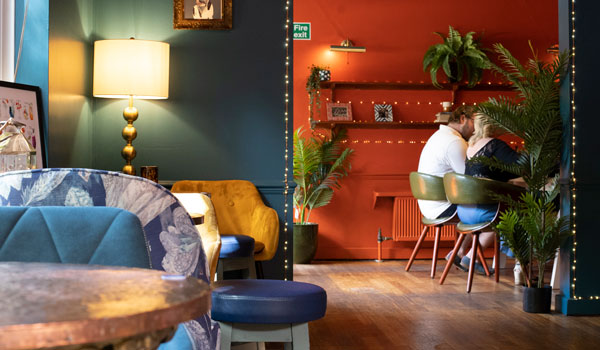
Hugely popular, the KPA Clubhouse (near Horwood Hall) provides a dedicated postgraduate social space and bar on campus, where you can grab a bite to eat and drink, sit quietly and read a book, or switch off from academic life at one of the many regular events organised throughout the year. The KPA also helps to host a variety of conferences, as well as other academic and career sessions, to give you and your fellow postgraduates the opportunities to come together to discuss your research, and develop your skills and networks.



